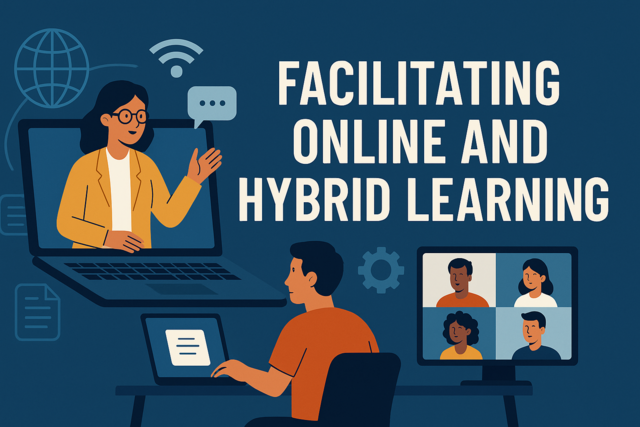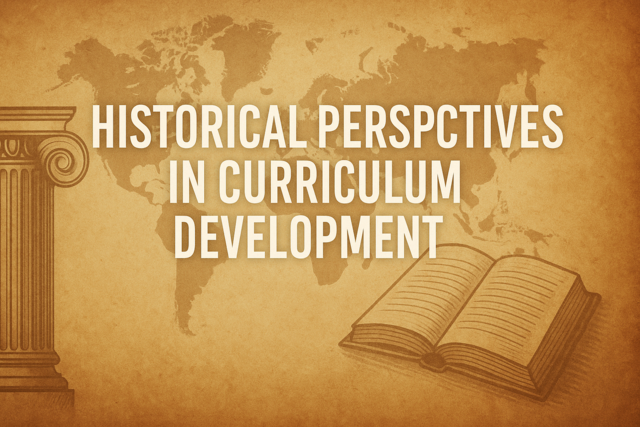Online Class: Mentoring and Coaching New Teachers

-
15Lessons
-
22Exams &
Assignments -
5Hours
average time -
0.5CEUs
Course Description
Welcome to the transformative journey that will redefine your approach to education—Mentoring and Coaching New Teachers. This isn't just another course stacked with lessons and tests; it's a dynamic, life-changing experience designed to elevate your skills as a mentor and empower you to leave an indelible mark on the next generation of educators and, ultimately, their students.
Imagine standing at the forefront of an educational revolution, equipped with methodologies that not only inspire but also prepare new teachers to thrive in today's competitive landscape. This course offers the key to unlocking the potential hidden within the passionate, motivated individuals entering the teaching profession. Through a blend of interactive experiences and reflective exploration, you will transform both professionally and personally.
Why is this course more than just essential? Because you hold the power to shape the future of education. As seasoned mentors, the baton you pass holds insights, wisdom, and inspiration. Our course will deepen your understanding of how mentorship fosters a culture rich in trust, empathy, and unwavering support, pivotal in retaining and nurturing new teachers. Envision a school environment where fear melts away into possibility, where guidance turns into growth. This is what you will create.
Through the artistry of educational mentorship, this course crafts a narrative where mentors and mentees dance together in a symbiotic relationship, each building upon the other's strengths. You'll become adept at providing holistic support that transcends traditional educational boundaries, paving the way for innovative teaching experiences. Feel the excitement as your mentees not only absorb your knowledge but enrich the mentoring process with their fresh perspectives.
Every step of this magical journey is meticulously designed to arm you with the capacity to deliver constructive feedback that empowers rather than critiques. Here, mentorship is not just about guiding; it's about lighting the path to a passion for learning. Picture yourself fostering reflective educators who are self-aware and hungry for personal growth—a living testament that your impact will be felt on far-flung corners of the educational world.
The facets of mentorship taught in this course stretch beyond feedback. We delve into the psyche of lifelong learning through transformative experiences, ensuring you cultivate educators who are not only knowledgeable but also resilient and adaptable. Witness the metamorphosis of novice teachers into pedagogical artists who can deftly navigate the demanding corridors of academia.
In an age where technology and personalized learning redefine our conventional classrooms, you will gain mastery in helping new educators harness these tools to build inclusive, engaging learning environments. Prepare to watch in awe as what once was daunting becomes second nature, seamlessly integrating into visionary teaching methods that captivate students and adapt to their diverse needs.
Your growth doesn't end alone; you'll be part of a vibrant, nurturing community of practice. This collective experience propels your development further, tapping into shared wisdom and diverse perspectives. Together, we transcend geographic boundaries, forming bonds that add texture and depth to the teacher development narrative.
What's more, this course will empower you to harness mindset shifts that teach educators to welcome challenges as stepping stones. You learn to cultivate a growth mindset in mentees, enabling them to see potential rather than obstacles, ensuring they become mentors themselves in time.
By trusting this journey, you immerse yourself in a carefully crafted mentoring experience that ensures comprehensive success for both new teachers and the educational establishments they serve. We prioritize progress through transparent success metrics and targeted feedback, setting the stage for educational excellence. You will emerge not just as a guide but as a beacon of knowledge, creativity, and collaboration, ready to inspire transformative experiences in teaching and learning.
Join us on this adventure where the stakes are high, and the potential is limitless. This is more than a course; it's the cornerstone of enduring educational impact. Secure your place today to become an advocate of change and a maker of tomorrow. The future is waiting for you—are you ready to answer the call?
- Business
- Business Ethics Courses
- Harassment Prevention Courses
- Human Resources Certifications
- Management
- Aromatherapy Courses
- Caregiver Courses
- Career Development Courses
- Communications Courses
- Confidence and Self Esteem Courses
- Healing
- Human Anatomy Courses
- Medical Skills
- Health & Medicine
- Nutrition
- Marketing
- Microsoft Office Certification Courses
- Life Coaching Courses
- Self-Improvement
- Small Business Certifications
- Safety
- Writing Improvement
- Business Writing Courses
Course Lessons
Lesson 1. Boosting Teacher Retention Through Trust-Rich Mentorship
 Review Practice Worksheet: Lesson-1-WordSearch-16724.pdf
Review Practice Worksheet: Lesson-1-WordSearch-16724.pdf Lesson discussions: Reasons for Taking this Course
Lesson discussions: Reasons for Taking this Course Assessment: Lesson 1 Review Exam
Assessment: Lesson 1 Review Exam
Lesson 2. The Art of Educational Mentorship
 Review Practice Worksheet: Lesson-2-Activity-16726.pdf
Review Practice Worksheet: Lesson-2-Activity-16726.pdf Complete: Lesson 2 Activity
Complete: Lesson 2 Activity Assessment: Lesson 2 Review Exam
Assessment: Lesson 2 Review Exam
Lesson 3. Navigating New Frontiers: Constructive Feedback's Impact on Teacher Growth and Student Learning
 Review Practice Worksheet: Lesson-3-Downloadable-16727.pdf
Review Practice Worksheet: Lesson-3-Downloadable-16727.pdf Complete: Lesson 3 Activity
Complete: Lesson 3 Activity Assessment: Lesson 3 Review Exam
Assessment: Lesson 3 Review Exam
Lesson 4. Inspiring Lifelong Learning: Mentorship through Transformative Experiences
 Review Practice Worksheet: Lesson-4-WordSearch-16728.pdf
Review Practice Worksheet: Lesson-4-WordSearch-16728.pdf Assessment: Lesson 4 Review Exam
Assessment: Lesson 4 Review Exam
Lesson 5. SMART Goals: A Novice Educator's Guide
 Review Practice Worksheet: Lesson-5-Downloadable-16730.pdf
Review Practice Worksheet: Lesson-5-Downloadable-16730.pdf Complete: Lesson 5 Activity
Complete: Lesson 5 Activity Assessment: Lesson 5 Review Exam
Assessment: Lesson 5 Review Exam
Lesson 6. Mastering Observation: Unleashing the Potential of New Educators
 Review Practice Worksheet: Lesson-6-WorkSheet-16732.pdf
Review Practice Worksheet: Lesson-6-WorkSheet-16732.pdf Assessment: Lesson 6 Review Exam
Assessment: Lesson 6 Review Exam
Lesson 7. Feedback Fluency: Key to Teacher Growth
 Review Practice Worksheet: Lesson-7-Downloadable-16734.pdf
Review Practice Worksheet: Lesson-7-Downloadable-16734.pdf Complete: Lesson 7 Activity
Complete: Lesson 7 Activity Assessment: Lesson 7 Review Exam
Assessment: Lesson 7 Review Exam
Lesson 8. The Role of Mindset in Mentoring Educators
 Review Practice Worksheet: Lesson-8-Downloadable-16736.pdf
Review Practice Worksheet: Lesson-8-Downloadable-16736.pdf Assessment: Lesson 8 Review Exam
Assessment: Lesson 8 Review Exam
Lesson 9. Behavioral Insights: Observation Skills for Empowering Educators
 Review Practice Worksheet: Lesson-9-WordSearch-16738.pdf
Review Practice Worksheet: Lesson-9-WordSearch-16738.pdf Complete: Lesson 9 Activity
Complete: Lesson 9 Activity Assessment: Lesson 9 Review Exam
Assessment: Lesson 9 Review Exam
Lesson 10. Unlocking Each Student’s Potential Through Understanding and Differentiation
 Review Practice Worksheet: Lesson-10-Downloadable-16740.pdf
Review Practice Worksheet: Lesson-10-Downloadable-16740.pdf Complete: Lesson 10 Activity
Complete: Lesson 10 Activity Assessment: Lesson 10 Review Exam
Assessment: Lesson 10 Review Exam
Lesson 11. Mastering Prioritization: A Guide for New Educators
 Review Practice Worksheet: Lesson-11-WorkSheet-16742.pdf
Review Practice Worksheet: Lesson-11-WorkSheet-16742.pdf Assessment: Lesson 11 Review Exam
Assessment: Lesson 11 Review Exam
Lesson 12. Transforming Education: The Mentor's Role in Tech Integration
 Review Practice Worksheet: Lesson-12-WorkSheet-16743.pdf
Review Practice Worksheet: Lesson-12-WorkSheet-16743.pdf Complete: Lesson 12 Activity
Complete: Lesson 12 Activity Assessment: Lesson 12 Review Exam
Assessment: Lesson 12 Review Exam
Lesson 13. Empowering New Educators Through Reflective Practice
 Review Practice Worksheet: Lesson-13-WorkSheet-16745.pdf
Review Practice Worksheet: Lesson-13-WorkSheet-16745.pdf Assessment: Lesson 13 Review Exam
Assessment: Lesson 13 Review Exam
Lesson 14. Connecting Through Practice: How Communities Foster Teacher Development
 Review Practice Worksheet: Lesson-14-WordSearch-16747.pdf
Review Practice Worksheet: Lesson-14-WordSearch-16747.pdf Assessment: Lesson 14 Review Exam
Assessment: Lesson 14 Review Exam
Lesson 15. Empowering Educators with Comprehensive Success Metrics
 Review Practice Worksheet: Lesson-15-Activity-16749.pdf
Review Practice Worksheet: Lesson-15-Activity-16749.pdf Lesson discussions: End of Course Poll; Course Comments
Lesson discussions: End of Course Poll; Course Comments Assessment: Lesson 15 Review Exam
Assessment: Lesson 15 Review Exam
Learning Outcomes
- By the end of the lesson, learners will be able to identify the essential components of trust in mentoring relationships, citing examples from educational settings.
- Participants will demonstrate the ability to apply active listening and empathy skills in simulated mentor-mentee dialogues, measuring improvements in communication effectiveness through peer feedback.
- Demonstrate an understanding of the mentor's role by identifying three strategies mentors can use to support novice teachers' professional growth.
- Describe the mutual responsibilities of mentors and mentees in fostering a collaborative learning environment and how these responsibilities support educational development.
- Define the key elements of constructive feedback and explain how they contribute to teacher development.
- Identify strategies to incorporate active listening when delivering feedback and describe their impact on teacher mentoring processes.
- Define how the principles of andragogy apply to mentoring new teachers by identifying key strategies for fostering self-directed learning within a mentoring framework.
- Integrate transformative learning theories to develop a reflective practice in new teachers, enabling them to evaluate and adapt teaching methods for enhanced classroom engagement.
- Demonstrate the ability to align achievable and relevant SMART goals with broader educational standards within a given timeframe.
- Describe the process of defining specific and measurable SMART goals in classroom settings to enhance teacher effectiveness.
- Demonstrate the ability to implement structured observation and reflective discussion to support professional growth and continual improvement in new teachers.
- Define key observational techniques utilized by mentors to enhance the instructional strategies and classroom dynamics of novice educators.
- Identify and apply the principles of providing specific and growth-focused feedback to improve teaching strategies in classroom settings.
- Demonstrate mastery of lesson content at levels of 70% or higher.
Additional Course Information

- Document Your Lifelong Learning Achievements
- Earn an Official Certificate Documenting Course Hours and CEUs
- Verify Your Certificate with a Unique Serial Number Online
- View and Share Your Certificate Online or Download/Print as PDF
- Display Your Certificate on Your Resume and Promote Your Achievements Using Social Media

Related Courses
-
 6 hours
0.6 CEUs
Cryptids: Creatures of Folklore and Reality
+ More Info
6 hours
0.6 CEUs
Cryptids: Creatures of Folklore and Reality
+ More Info
-
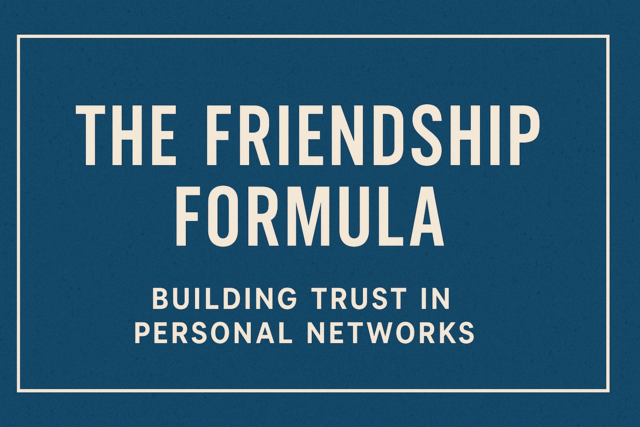 6 hours
0.6 CEUs
The Friendship Formula: Building Trust in Personal Networks
+ More Info
6 hours
0.6 CEUs
The Friendship Formula: Building Trust in Personal Networks
+ More Info
-
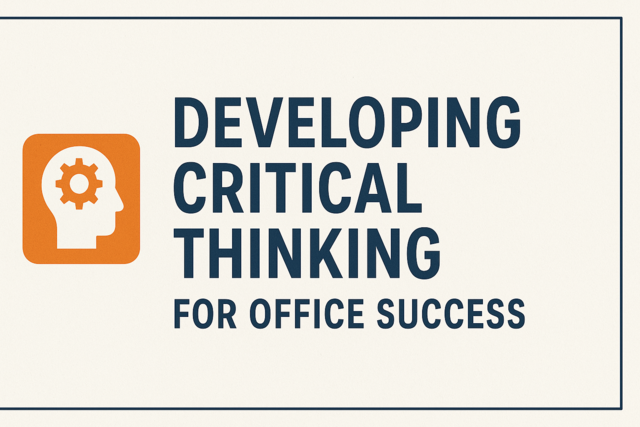 4 hours
0.4 CEUs
Developing Critical Thinking for Office Success
+ More Info
4 hours
0.4 CEUs
Developing Critical Thinking for Office Success
+ More Info
-
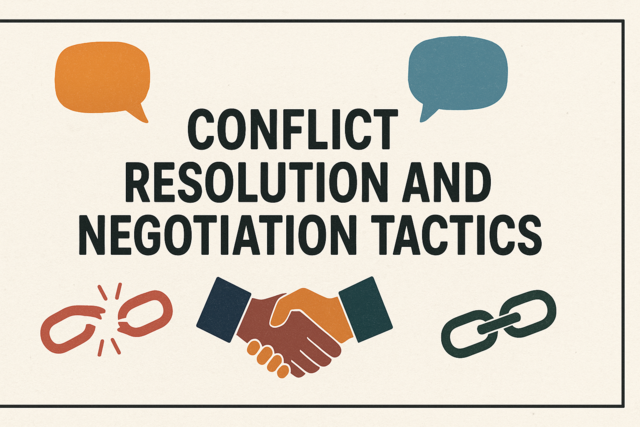 7 hours
0.7 CEUs
Conflict Resolution and Negotiation Tactics
+ More Info
7 hours
0.7 CEUs
Conflict Resolution and Negotiation Tactics
+ More Info
-
 3 hours
0.3 CEUs
Team Building and Collaboration
+ More Info
3 hours
0.3 CEUs
Team Building and Collaboration
+ More Info
-
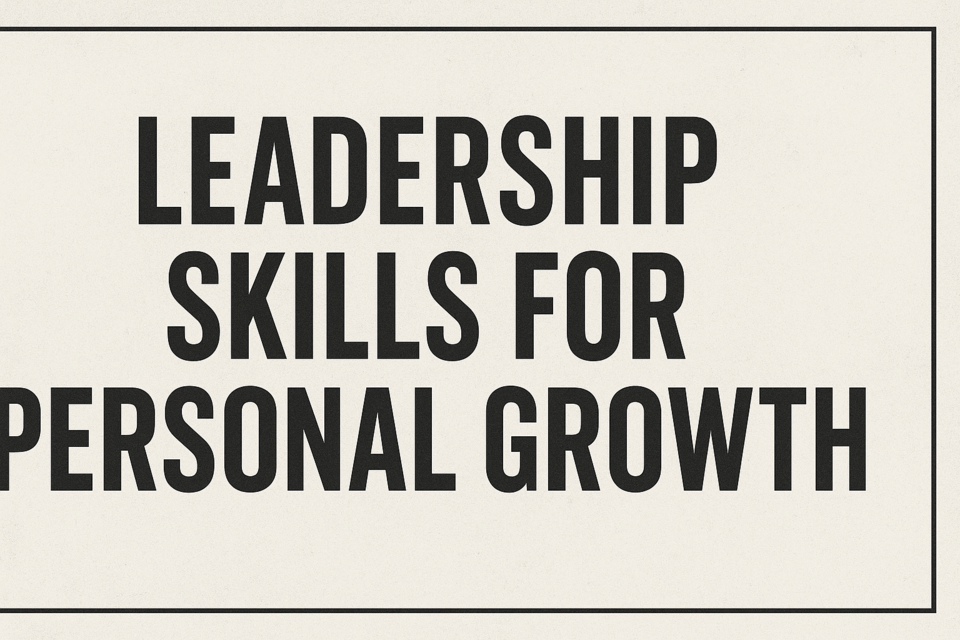 4 hours
0.4 CEUs
Leadership Skills for Personal Growth
+ More Info
4 hours
0.4 CEUs
Leadership Skills for Personal Growth
+ More Info
-
 6 hours
0.6 CEUs
Mysterious Forces in the Cosmos
+ More Info
6 hours
0.6 CEUs
Mysterious Forces in the Cosmos
+ More Info
-
 6 hours
0.6 CEUs
Legacy Building: Creating a Family Culture to Last
+ More Info
6 hours
0.6 CEUs
Legacy Building: Creating a Family Culture to Last
+ More Info
-
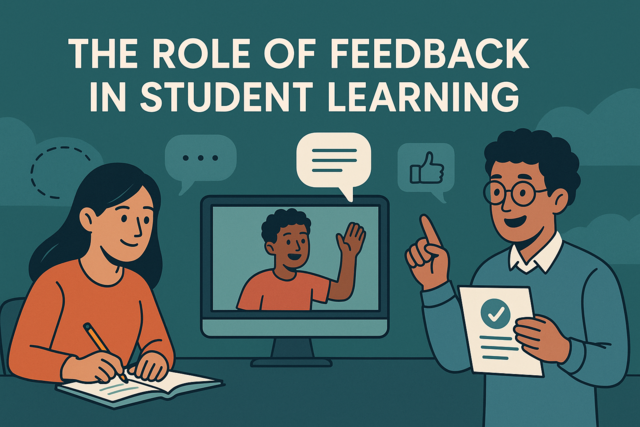 4 hours
0.4 CEUs
The Role of Feedback in Student Learning
+ More Info
4 hours
0.4 CEUs
The Role of Feedback in Student Learning
+ More Info
-
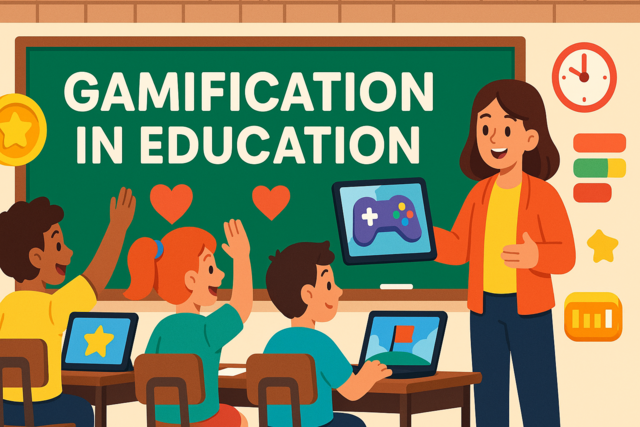 4 hours
0.4 CEUs
Gamification in Education
+ More Info
4 hours
0.4 CEUs
Gamification in Education
+ More Info
-
 3 hours
0.3 CEUs
Addressing Trauma in Students with Disabilities
+ More Info
3 hours
0.3 CEUs
Addressing Trauma in Students with Disabilities
+ More Info
-
 5 hours
0.5 CEUs
The Compassionate Family: Building Empathy Through Generations
+ More Info
5 hours
0.5 CEUs
The Compassionate Family: Building Empathy Through Generations
+ More Info
-
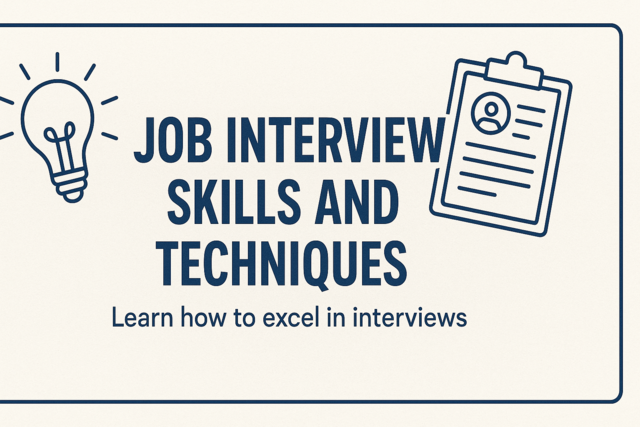 4 hours
0.4 CEUs
Job Interview Skills and Techniques
+ More Info
4 hours
0.4 CEUs
Job Interview Skills and Techniques
+ More Info
-
 4 hours
0.4 CEUs
Home Organization and Decluttering Techniques
+ More Info
4 hours
0.4 CEUs
Home Organization and Decluttering Techniques
+ More Info
-
 5 hours
0.5 CEUs
Building Emotional Safety Nets: A Guide for Couples
+ More Info
5 hours
0.5 CEUs
Building Emotional Safety Nets: A Guide for Couples
+ More Info
-
 5 hours
0.5 CEUs
Advanced Writing and Editing Skills
+ More Info
5 hours
0.5 CEUs
Advanced Writing and Editing Skills
+ More Info
-
 7 hours
0.7 CEUs
The Art of Manifesting Your Dreams
+ More Info
7 hours
0.7 CEUs
The Art of Manifesting Your Dreams
+ More Info
-
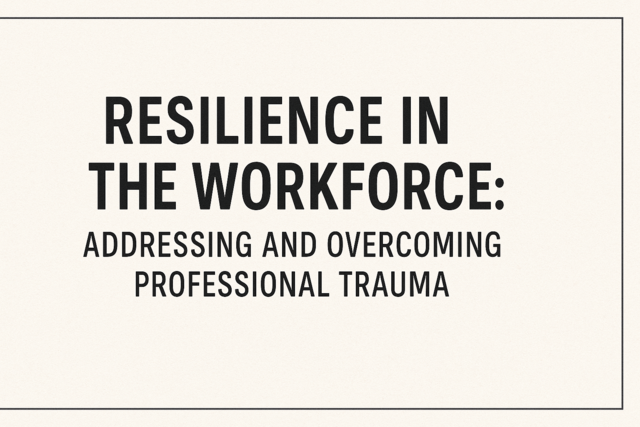 4 hours
0.4 CEUs
Resilience in the Workforce: Addressing and Overcoming Professional Trauma
+ More Info
4 hours
0.4 CEUs
Resilience in the Workforce: Addressing and Overcoming Professional Trauma
+ More Info
-
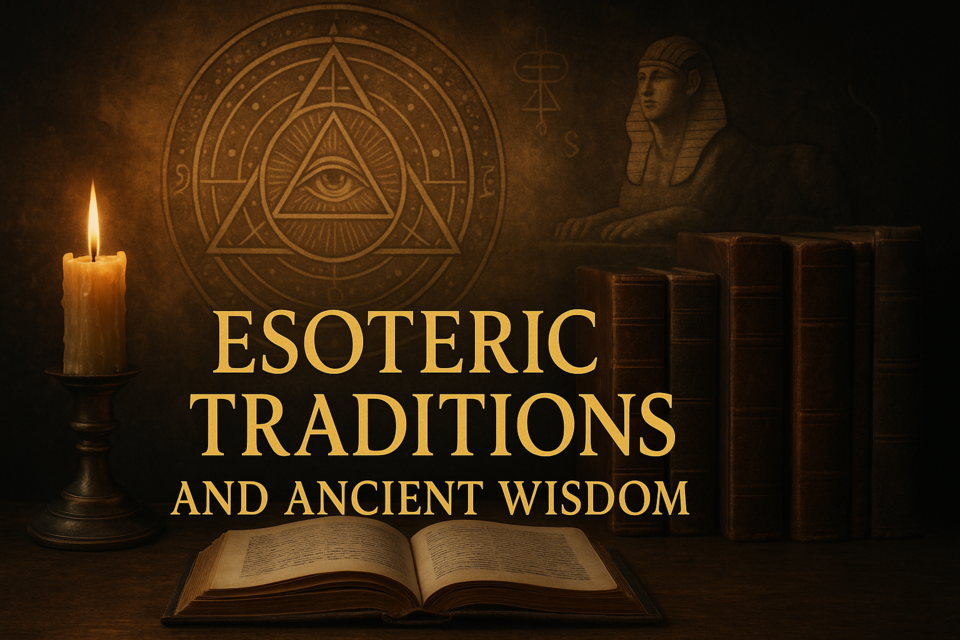 4 hours
0.4 CEUs
Esoteric Traditions and Ancient Wisdom
+ More Info
4 hours
0.4 CEUs
Esoteric Traditions and Ancient Wisdom
+ More Info
-
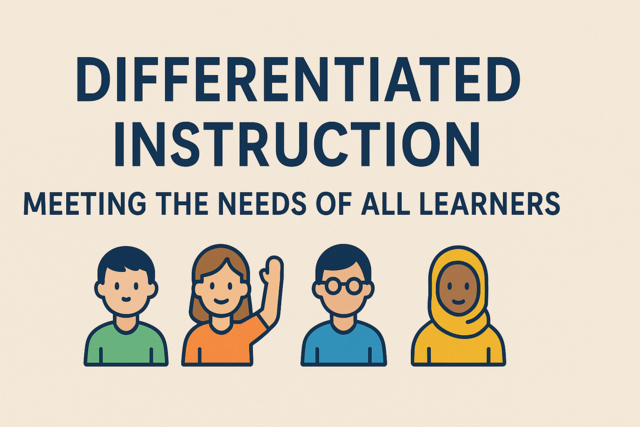 3 hours
0.3 CEUs
Differentiated Instruction: Meeting the Needs of All Learners
+ More Info
3 hours
0.3 CEUs
Differentiated Instruction: Meeting the Needs of All Learners
+ More Info
-
 7 hours
0.7 CEUs
Blended Learning Models in Schools
+ More Info
7 hours
0.7 CEUs
Blended Learning Models in Schools
+ More Info
-
 6 hours
0.6 CEUs
Project Management for Personal Projects
+ More Info
6 hours
0.6 CEUs
Project Management for Personal Projects
+ More Info
-
 5 hours
0.5 CEUs
Understanding Social Media for Business
+ More Info
5 hours
0.5 CEUs
Understanding Social Media for Business
+ More Info
-
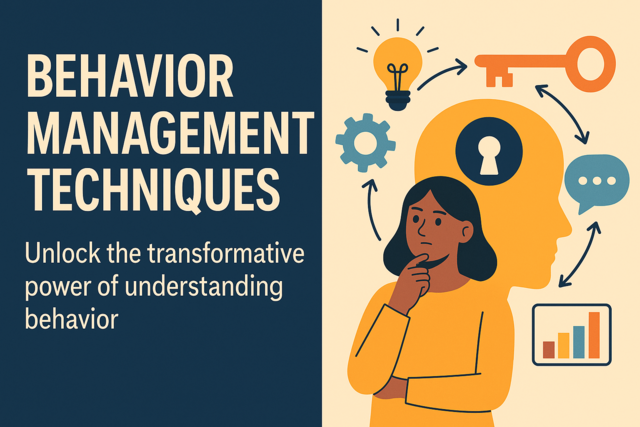 6 hours
0.6 CEUs
Behavior Management Techniques
+ More Info
6 hours
0.6 CEUs
Behavior Management Techniques
+ More Info
-
 7 hours
0.7 CEUs
Emotional Intelligence: Enhancing Workplace Relationships
+ More Info
7 hours
0.7 CEUs
Emotional Intelligence: Enhancing Workplace Relationships
+ More Info
-
 7 hours
0.7 CEUs
Aligning Curriculum with State Standards
+ More Info
7 hours
0.7 CEUs
Aligning Curriculum with State Standards
+ More Info
-
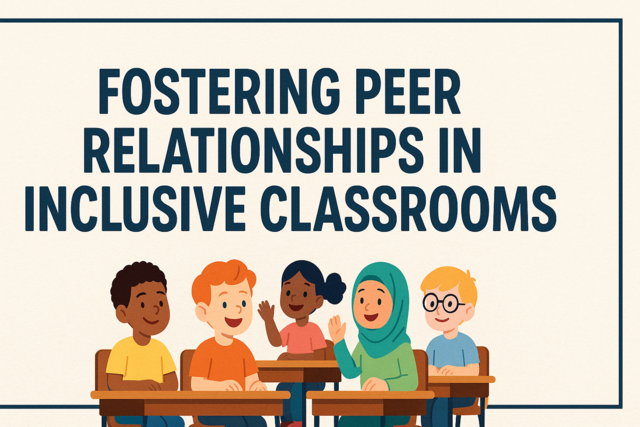 7 hours
0.7 CEUs
Fostering Peer Relationships in Inclusive Classrooms
+ More Info
7 hours
0.7 CEUs
Fostering Peer Relationships in Inclusive Classrooms
+ More Info
-
 7 hours
0.7 CEUs
Building a Healthy Work Environment
+ More Info
7 hours
0.7 CEUs
Building a Healthy Work Environment
+ More Info
-
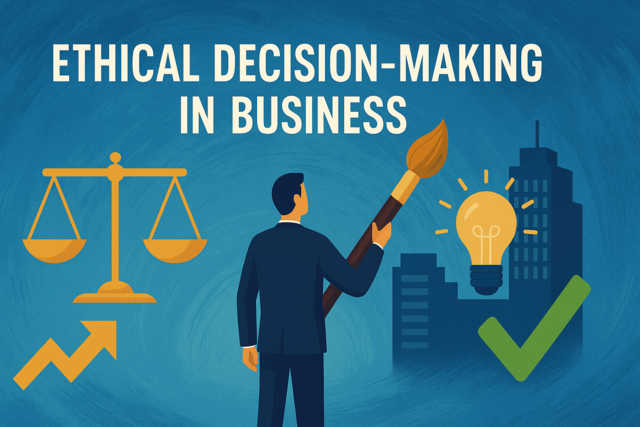 6 hours
0.6 CEUs
Ethical Decision-Making in Business
+ More Info
6 hours
0.6 CEUs
Ethical Decision-Making in Business
+ More Info
-
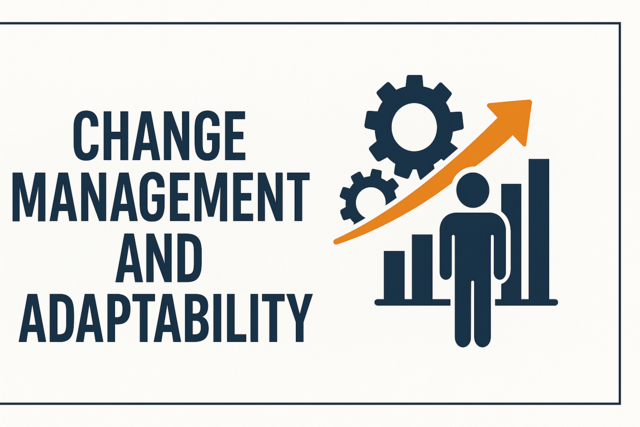 3 hours
0.3 CEUs
Change Management and Adaptability
+ More Info
3 hours
0.3 CEUs
Change Management and Adaptability
+ More Info
-
 7 hours
0.7 CEUs
The Power of Vulnerability: Authentic Connections in a Busy World
+ More Info
7 hours
0.7 CEUs
The Power of Vulnerability: Authentic Connections in a Busy World
+ More Info
-
 5 hours
0.5 CEUs
Advanced Excel for Data Management
+ More Info
5 hours
0.5 CEUs
Advanced Excel for Data Management
+ More Info
-
 4 hours
0.4 CEUs
Familial Fortitude: Strengthening Bonds from Within
+ More Info
4 hours
0.4 CEUs
Familial Fortitude: Strengthening Bonds from Within
+ More Info
-
 3 hours
0.3 CEUs
Understanding Autism Spectrum Disorders in the Classroom
+ More Info
3 hours
0.3 CEUs
Understanding Autism Spectrum Disorders in the Classroom
+ More Info
-
 7 hours
0.7 CEUs
Integrating Arts into the Curriculum
+ More Info
7 hours
0.7 CEUs
Integrating Arts into the Curriculum
+ More Info
-
 6 hours
0.6 CEUs
Intuitive Insights: Harnessing Gut Feelings for Better Bonds
+ More Info
6 hours
0.6 CEUs
Intuitive Insights: Harnessing Gut Feelings for Better Bonds
+ More Info
-
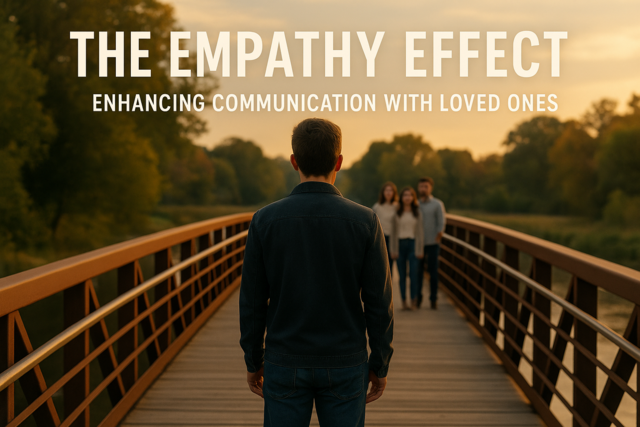 3 hours
0.3 CEUs
The Empathy Effect: Enhancing Communication with Loved Ones
+ More Info
3 hours
0.3 CEUs
The Empathy Effect: Enhancing Communication with Loved Ones
+ More Info
-
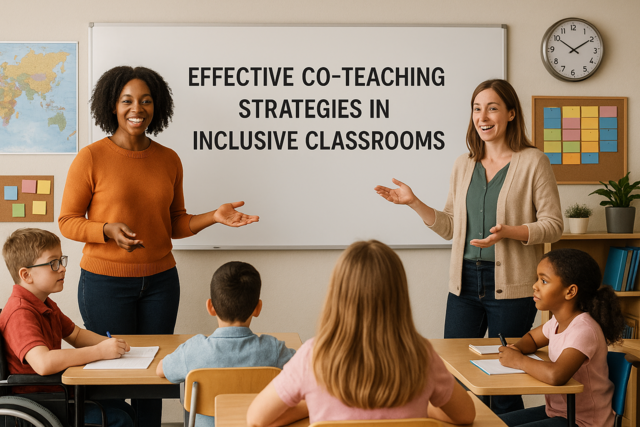 5 hours
0.5 CEUs
Effective Co-Teaching Strategies in Inclusive Classrooms
+ More Info
5 hours
0.5 CEUs
Effective Co-Teaching Strategies in Inclusive Classrooms
+ More Info



